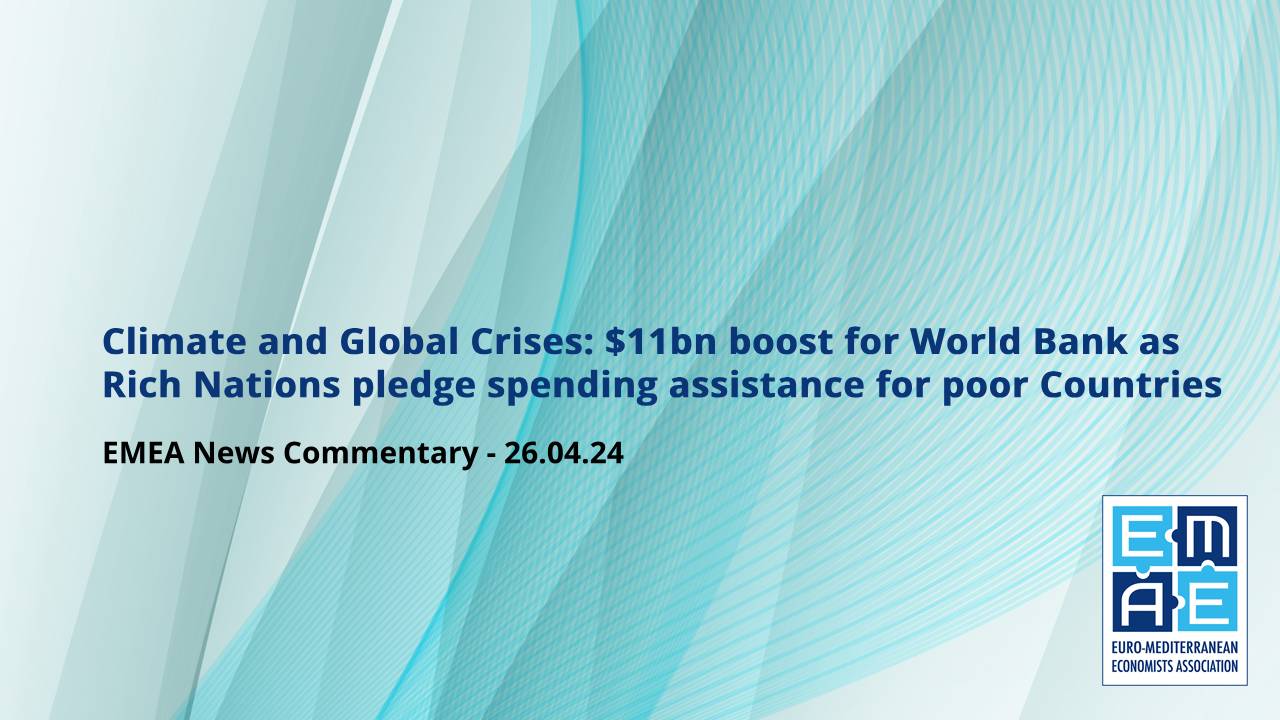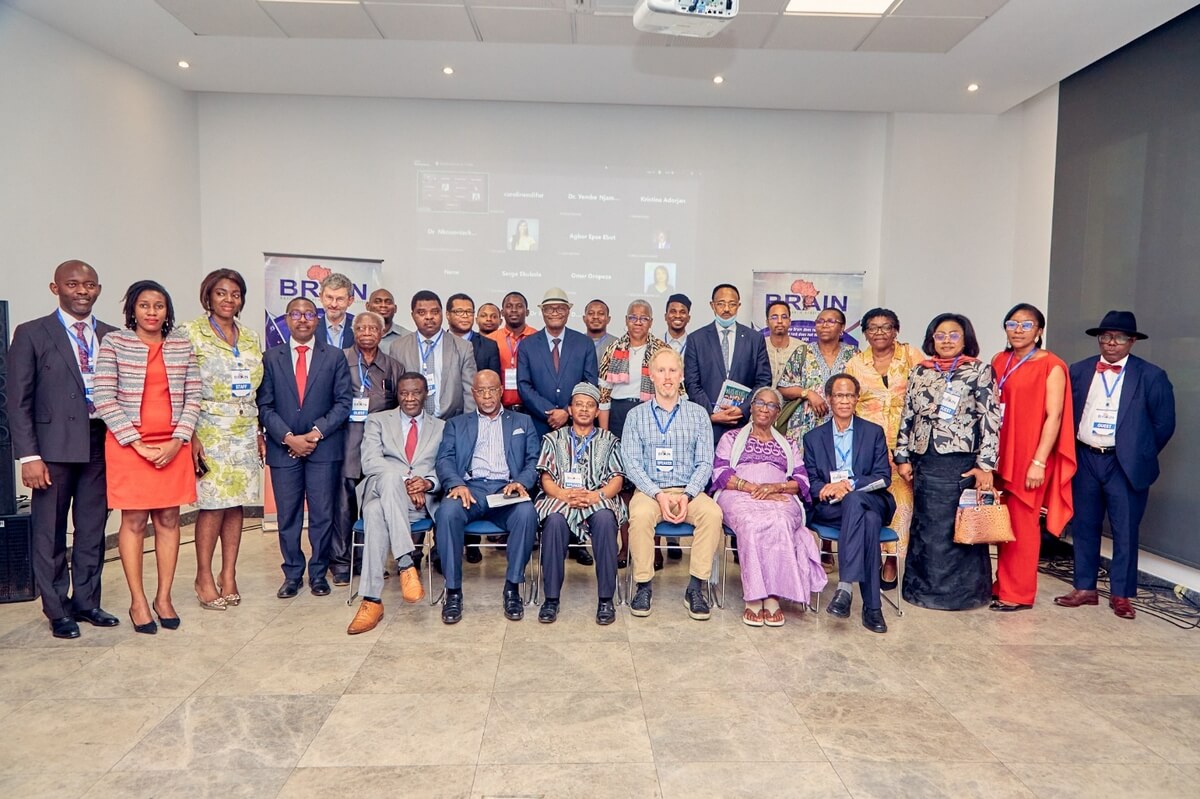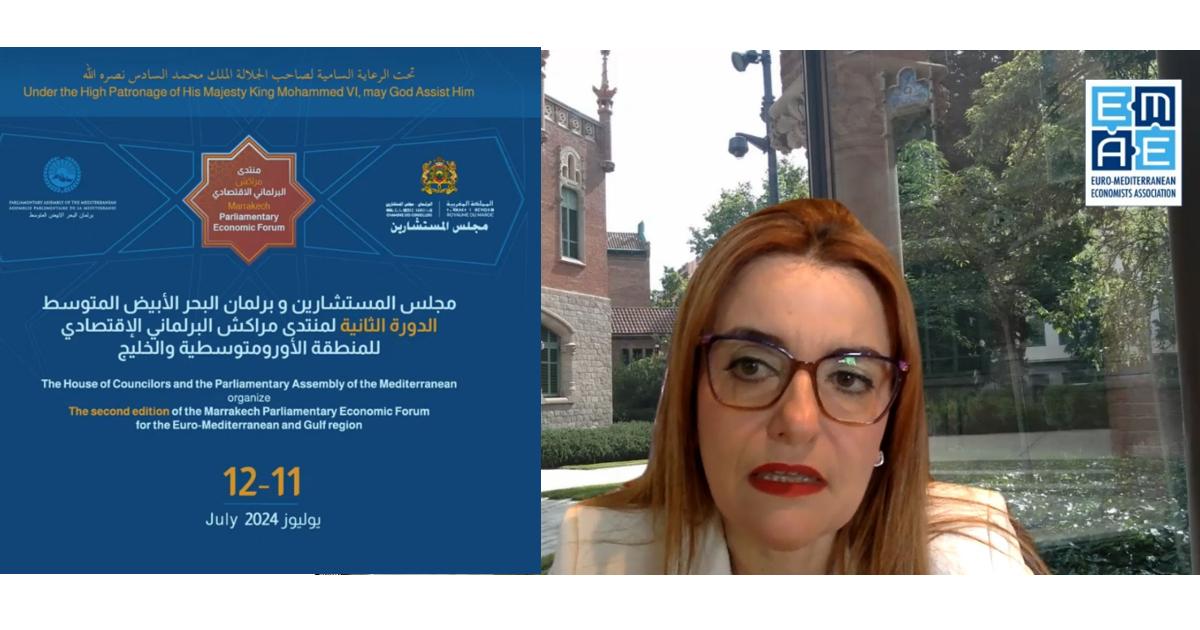Eleven wealthy countries have pledged a combined $11bn injection to the World Bank, to support poorer countries in the fight against climate change and global crises, like pandemics, the Financial Times has reported.
The fiscal commitment was announced at the end of the World Bank and IMF Spring Meetings in Washington, where “climate ministers and UN officials gathered alongside traditional attendees from finance ministries to supercharge global talks on how the world should pay to combat climate change.”
The newly-pledged contributions will go towards funding the World Bank’s portfolio guarantee scheme. This “allows rich countries to pay borrowers’ debts, and its hybrid capital instrument,” the FT said.
The United States, Japan, France, Germany and the UK were amongst those countries which agreed to the contributions, on the back of growing pressure for the World Bank “to help poorer countries deal with the effects of global warming.” Japan was said to be the single largest donor to the portfolio guarantee platform, promising $1bn.
The FT reported that the two financial instruments, launched last year to boost the Bank’s lending capacity, could be leveraged between six to eight times by the institution, resulting “in a $70bn boost to its lending firepower.”
New World Bank President, Ajay Banga, had called for increased contributions to underpin a “better and eventually bigger bank.”
In terms of what the other countries had contributed to the guarantee schemes, the paper said the US had requested $750mn from Congress, Germany ($325mn), the UK ($124mn) Belgium ($70mn) and Denmark $57mn. France, Norway, Latvia and Italy were other donor nations.
In addition, Japan, also became the first country in the world to donate funds to the Bank’s Liveable Planet Fund, with a pledge of $20mn.
The FT said that the World Bank had “implemented measures to take on more risk without jeopardising its AAA credit rating, including lowering its equity-to-loan ratio from 20 per cent to 19 per cent.” It had also “switched its goal to reducing poverty on a liveable planet.”
For developing countries alone, it’s been estimated that $2.4tn per year is required for a successful transition to green energy.
Tina Stege, climate envoy to the Marshall Islands, said there was a “willingness by everyone to pursue reform.” Institutions, like the World Bank, had taken “steps in the right direction.” Even so, she added: “But the question remains whether systemic reform at speed and scale will be delivered.”
Stege predicted: “If action does not overtake inertia in the [multilateral development banks], people across the world will be paying the cost in lives and livelihoods.”
Away from the official agenda of the World Bank and IMF meetings, the FT reported that “the first gathering of a new task force” had emerged. Chaired by the governments of Kenya, Barbados and France, it convened “to look into how more money can be raised for climate causes through the international tax system.”
Laurence Tubiana, an architect of the landmark Paris Agreement, said that the levies under consideration by the group included an air passenger levy, wealth tax, maritime fuel levy and global tax on fossil fuel producers. These taxes would ideally be adopted either by the G20 or by “a smaller coalition of willing countries.”
But Tubiana warned that the availability of finance for the energy transition and climate projects was “enormously shrinking”. He added that Governments had become “obsessed with how we deal with different wars.”
At a separate event in Washington, jointly hosted by the World Bank and Beyond Oil and Gas Alliance, ministers from countries who had all pledged to phase out oil and gas development, discussed just transitions away from fossil fuels.
Speakers included representatives from Brazil, Nigeria and Kenya, along with the UN’s top climate change official, Simon Stiell, the FT reported. “As part of the UN’s annual COP climate summit, countries this year face the challenge of agreeing a climate finance target, known as the new collective quantified goal, aimed at helping poor countries make their economies greener and deal with the effects of climate change,” the paper wrote.
Denmark’s global climate policy minister, Dan Jørgensen, said the transitioning away from fossil fuels, agreed at COP28 in Dubai last December, would need to be matched with bold financial decision-making. “The global transition away from oil and gas will have profound implications for developing countries that are economically dependent on fossil fuel exports,” he cautioned. “We need to work with them to address the economic and social barriers they face in making a just green transition.”
Rich nations pledge $11bn to World Bank for climate and global crises (ft.com)





